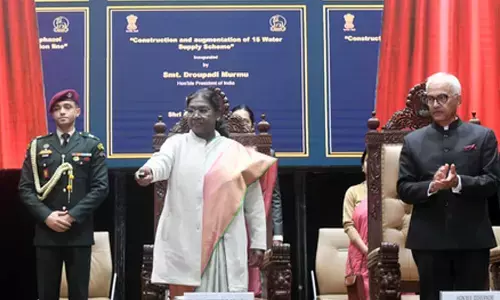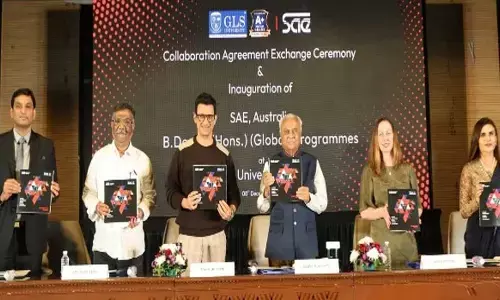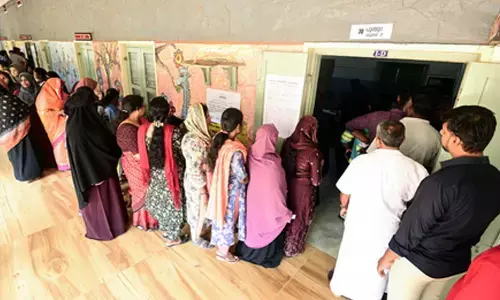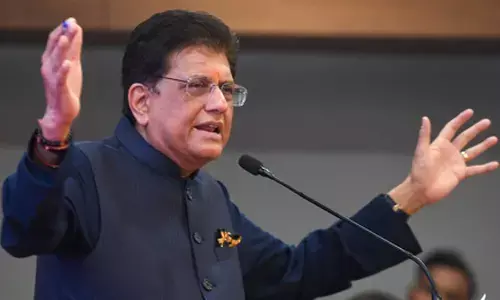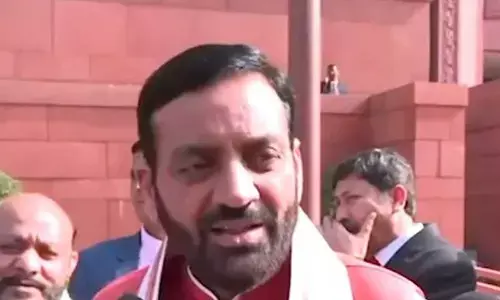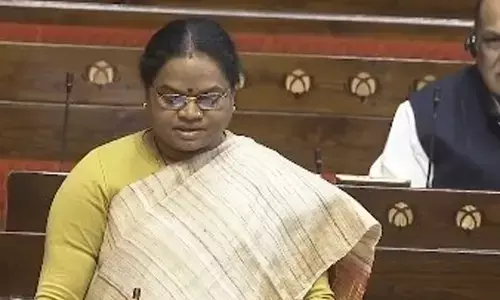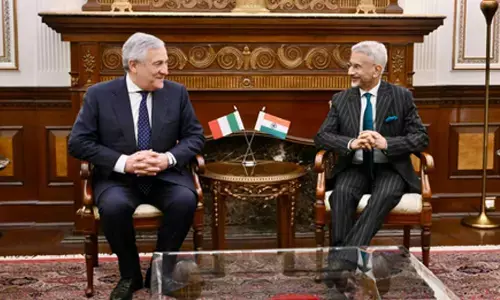Fatah at the crossroads
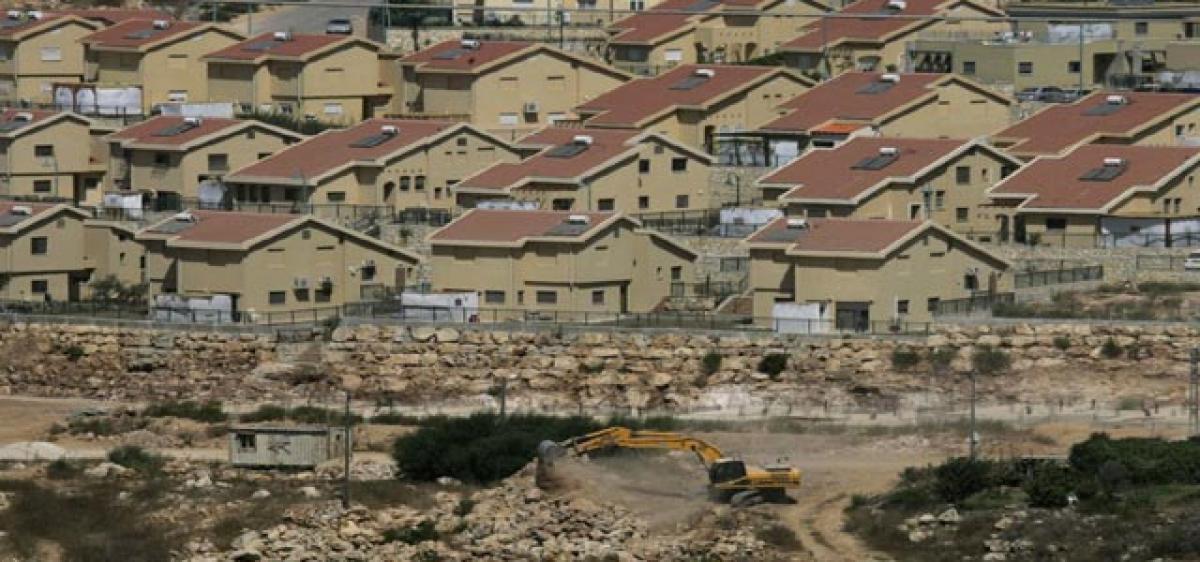
Mahmoud Abbas, President of the Palestine National Authority (PNA) and the head of Fatah the main constituent of the Palestine Liberation Organisation (PLO) for quite some time, is at the crossroads.
Mahmoud Abbas, President of the Palestine National Authority (PNA) and the head of Fatah the main constituent of the Palestine Liberation Organisation (PLO) for quite some time, is at the crossroads. Abbas has been in the driving seat by virtue of his predominant position within the PLO since the demise of Yasser Arafat in 2004 and the Fatah’s control of the PNA.
Now, at the age of 81 years, Abbas is facing a crucial test. This challenge is consequent upon political pressures increasing from some Arab countries like Egypt to have a rapprochement with Hamas ascendant in the Gaza Strip since 2006, the hardening of Israeli stance on Jewish settlements in the West Bank and East Jerusalem, as well as many within Fatah posing challenges to his pre-dominant position…
Despite his apparently overwhelming domination of the Fatah and the PLO as evident from the outcome of the Seventh General Congress, Abbas has failed to totally suppress the rival Fatah faction led by the 53 year old Mohammed Dahlan, a former protégé of Arafat and ex security chief in Gaza. Abbas though did not formally nominate Marwan Barghouti as his successor, who is presently serving a prison term in Israel.
There is a latent demand within the organisation for Barghouti to be formally nominated as Abbas`s successor. All these factors portend a significant political challenge to Abbas in the near future… Apart from Palestine becoming a political entity recognized by the United Nations with non-member Observer status in November 2012 and president of PNA given de-facto status of head of state for which credit may be given to Abbas and his team, the political and economic status of the Palestinians has only worsened during the past few years.
Issues are being raised in some quarters on the utilisation of aid from a multiplicity of donors amounting to $23 billion since the Oslo Accords. In fact, some Palestinian NGOs have started working to achieve a direct networking of international donors virtually bypassing the PNA, to ensure a more transparent flow and utilization of the aid resources…
Furthermore, the phenomena of usurpation of Palestinian Arab land by the settler Jews have gradually got accentuated. At present, the total Jewish settler population in West Bank territory exceeds 5,90,000. The formalisation of this illegal occupation and transformation of the habitation milieu therein is now on the anvil with a Knesset Resolution planned by the Netanyahu government to accord legislative sanctity to these settlements. There is little that Abbas and his PLO can effectively do to negate these developments, notwithstanding the international support enjoyed by them and the Palestine cause.
The unanimous adoption of United Nations Security Council (UNSC) Resolution 2334 on December 23, 2016 has come as a morale booster for the PNA and the PLO-Fatah leadership. The essence of this Resolution is the condemnation of change in demographic composition and character of Israeli-occupied Palestinian territory, enjoining on the Netanyahu government to cease further settlements and the declaration of all settlements established by Israeli governments after June 4, 1967, as illegal.
A PNA presidential spokesman described the Resolution as ‘a great blow to Israel’, ’a historic day’ and as ‘a victory for international law’. While Abbas and the Palestinian leadership for the time-being would benefit from the positive impact generated by 2334, the enforceability of the resolution is likely to remain an issue…There are opportunities for the present Fatah leadership to keep the Palestine cause alive and at least not allow further de facto diminishing of Palestinian territory.
However, the same may not be feasible without an inclusive approach within their organization and perhaps a gradual change of guard within a specified time-frame, with support of genuine well-wishers in the Levant and also from the European Union. While a fully neutral approach on the part of the US cannot be realistically expected, the new administration should at least continue to be even-handed henceforth on the issue of settlements, reckoning its long-term strategic repercussions and obviating opportunities for radical Islamists. (Courtesy: http://www.idsa.in/)
By Gautam Sen








